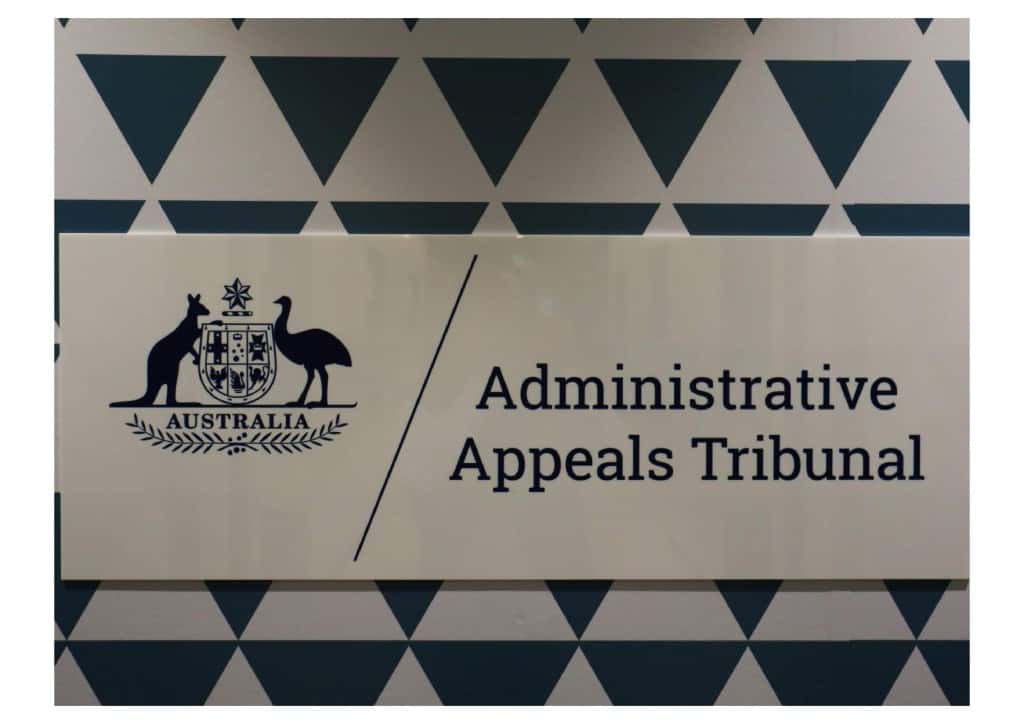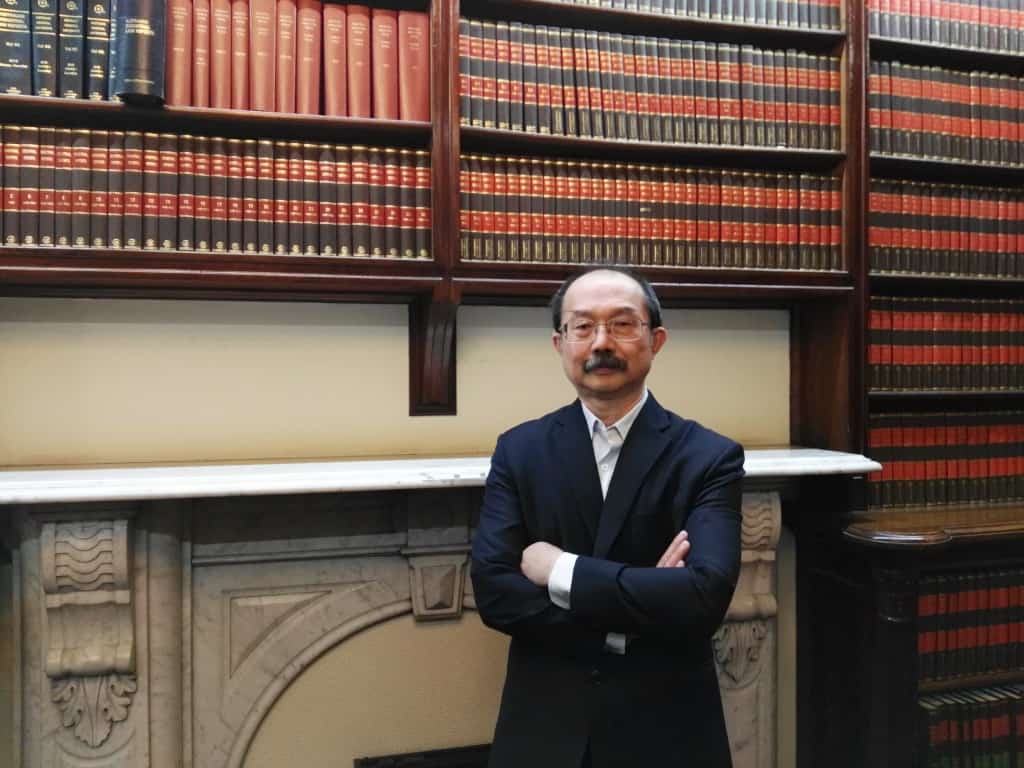
Adjourning & Change AAT hearing date – usually you may ask the Tribunal to either adjourn or change the hearing to another date or day so that you can better prepare yourself. Click here to learn when to apply to the AAT to review the Department’s decision to refusal or cancel your visa.
Sometimes it can be an error of law for the AAT to refuse a reasonable request to adjourn the hearing. If the AAT refuse your request for an adjournment, it must act reasonably and rationally with intelligible justification.
If the AAT ask you a question, even if it is a straightforward question, and you could not answer without referring to information or document not in your possession or to someone, you can ask for an adjournment so that you could refer to them. If the AAT refused your request for an adjournment, that refusal could be an error in the exercise of its discretion. For eg, in Jai Babaji Di Pty Ltd v Minister for Immigration & Anor [2020] FCCA 2018, Ms Kaur sought an adjournment from the AAT to respond to a question regarding superannuation payments. Ms Kaur told the AAT that she needs to ask her accountant whether superannuation contributions were made. However, the Member said that the question was straightforward requiring only a Yes or No answer and denied her request for the hearing to be adjourned. The Court said that it was reasonable for Ms Kaur to speak with her accountant to establish whether superannuation payments were made. It was wrong for the Member to describe the issue of payment or non-payment as being either a “straightforward question’. The Court also accepted that, due to the lapse of time between the making of the superannuation payments and the time of the AAT hearing, Ms Kaur could not answer the question on the spot, and that the Tribunal ought to have allowed her time to reference the answer with her accountant.
In MIBP v Singh [2014] FCAFC 1 the Department refused Singh a Subclass 485 visa because he did not have competent English. Section 363(1)(b) gives the AAT discretionary power to adjourn review of decision. If the Tribunal refused to exercise that power to adjourn the review it was conducting, it can be said that the Tribunal’s exercise of power was legally unreasonable as the exercise of power was beyond its jurisdiction and its decision must be set aside.
Singh first applied for the Subclass 485 visa even though he did not have competent English. The Department later requested that he provide an IELTS test report. He responded that he is registered for the test and later provided the result to the delegate. However, Singh failed to obtain the necessary scores. The Department refused his application. Singh then apply to the AAT to review the refusal. In affirming the decision, the Tribunal said that Singh did not provide evidence that he was seeking a re-mark of his test scores, he had reasonable period of time to obtain evidence of competent English as he has sat the IELTS several times. The Tribunal is not satisfied that Singh has achieved, in a test conducted not more than 2 years after he lodged his visa application, an IELTS test score of at least 6 for each of the 4 test components.
Before the hearing, the AAT requested Singh to provide evidence of his English language proficiency or evidence that he has booked an IELTS test.
At the hearing, Singh asked the Tribunal to exercise its adjournment power under s 363(1)(b)) to adjourn & change AAT hearing date so that he could re-sit an English test which was agreed. Later he asked the Tribunal to adjourn again so that he could obtain a re-mark of the English test. This time the Tribunal refused and proceed to a decision. The Tribunal subsequently affirmed the Department’s decision not to grant him a Subclass 485 visa.
Singh applied to the FCCA to review the AAT’s decision alleging that the decision was unreasonable because he was denied procedural fairness. The Court finds that no reasonable Tribunal would have refused the adjournment request because:
- The Tribunal had earlier given Singh the opportunity to re-sit the test on 2 different dates, it had implicitly acknowledged that proceeding to a decision would deny him a real change to present his case.
- The Tribunal did not say that the re-mark would be futile, instead reasoned that Singh had sat for the test several times.
- Singh by asking for further adjournment implied that he had presented his case.
The Court found that the Tribunal’s decision not to adjourn & change AAT hearing date lacked an evident and intelligible justification (MIAC v Li (2013) 297 ALR 225; [2013] HCA 18 at [76]).
The Minister appealed the FCCA decision to the FCAFC on the basis that the Tribunal’s refusal to adjourn had an intelligible justification and allowing Singh an adjournment was an indulgence. Refusing him a second adjournment was therefore not a denial of procedure fairness.
The FCAFC rejected the Minister’s submission by saying that the Court is required to look at the reasons given by the AAT. The Minister’s justifications for not making the second adjournment was not matter mentioned in the Tribunal’s decision.
The FCAFC further said that intelligible justification must lie within the reasons the Tribunal gave for the exercise of power. In short, the reasons given by the Tribunal must demonstrate a justification (at [47]).
The Tribunal when exercising a discretionary power may also be required to provide procedural fairness in the conduct of a review and adhere to legal reasonableness. Refusing an adjournment may deny a person an opportunity to present his or her case (at [50]). You must be given a real chance or meaningful opportunity to present your case (s 360). The power to adjourn (s 363(1)) is given to the Tribunal for the purposes of the review it is undertaking (at [53]). It is to be exercised consistently, and not inconsistently, with the purposes of the review, which include the obligation in s 360 to offer a meaningful hearing.
The FCAFC concluded that the Tribunal without active consideration of the adjournment request, on its merits and in the context at the time it was made, the refusal cannot be said to be a legally reasonable exercise of power (at [66]). In addition, there was no evidence why the Tribunal needed to make a quick decision. There was no prejudice to anyone from a short adjournment of the review, but there was significant and inevitable prejudice to Singh if the adjournment was refused. His application for review would be doomed to failure (at [76]).
You should note that sometimes the Tribunal may ask you to provide information before or after the hearing, if you receive such a request, you should provide the information (click here to learn more).
Australian migration law is complex and difficult to understand, contact our immigration lawyer for a consultation (fee applies) to help you to adjourn & change AAT hearing date.

 041 222 4020 or WeChat: AUDvisa
041 222 4020 or WeChat: AUDvisa
This article is not intended to be or taken as migration legal advice. The author of this article disclaims any liability for any action or omission on the information provided or not provided in this article. You should always consult an immigration lawyer or a registered migration agent to form an informed opinion on your immigration matter.



